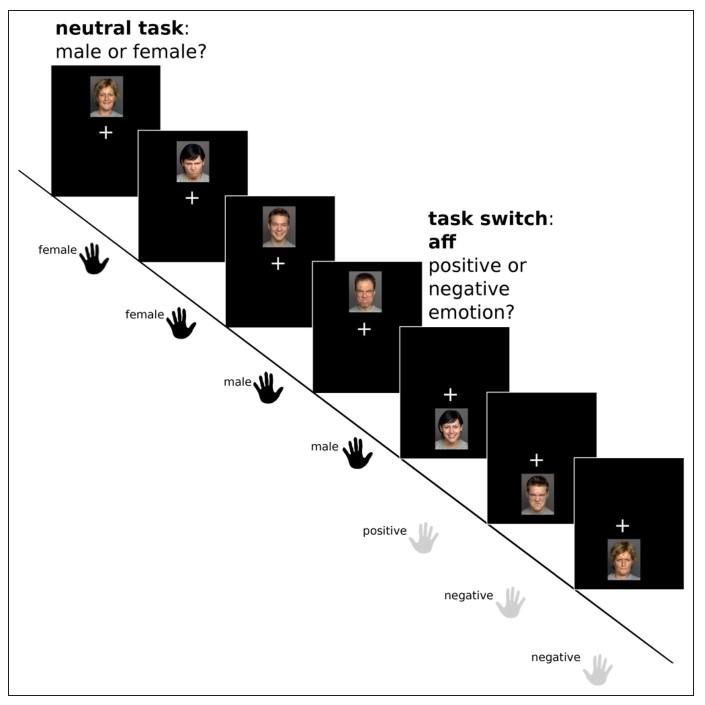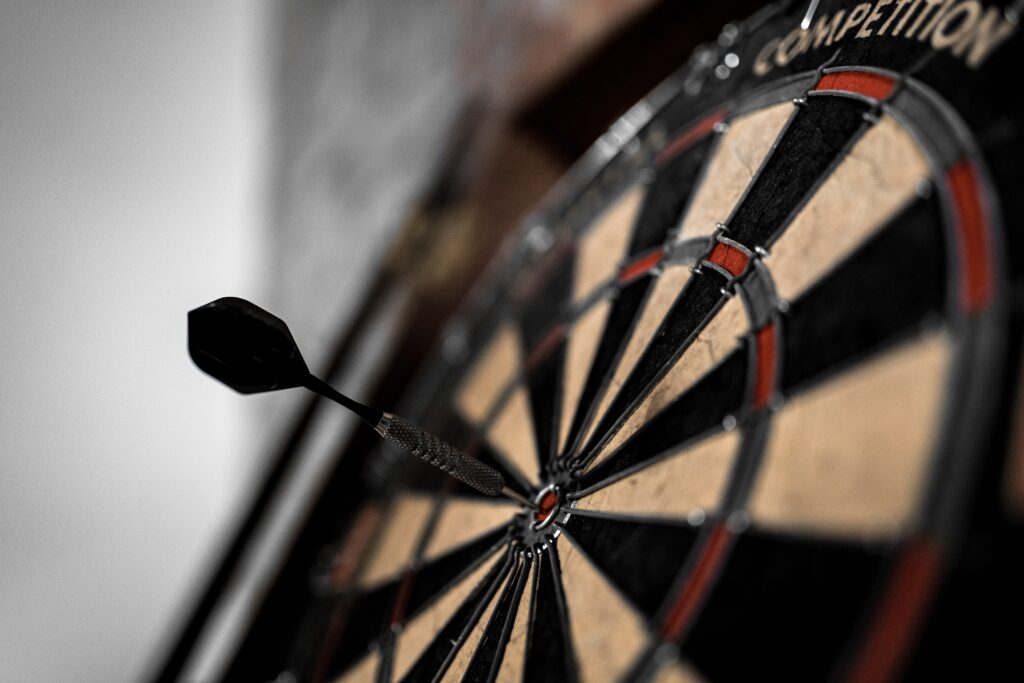Cognitive, affective, and feedback-based flexibility – Disentangling shared and different aspects of three facets of psychological flexibility
Abstract Cognitive flexibility – the ability to adjust one’s behavior to changing environmental demands – is crucial for controlled behavior. However, the term ‘cognitive flexibility’ is used heterogeneously, and associations between cognitive flexibility and other facets of flexible behavior have only rarely been studied systematically. To resolve some of these conceptual uncertainties, we directly compared […]









